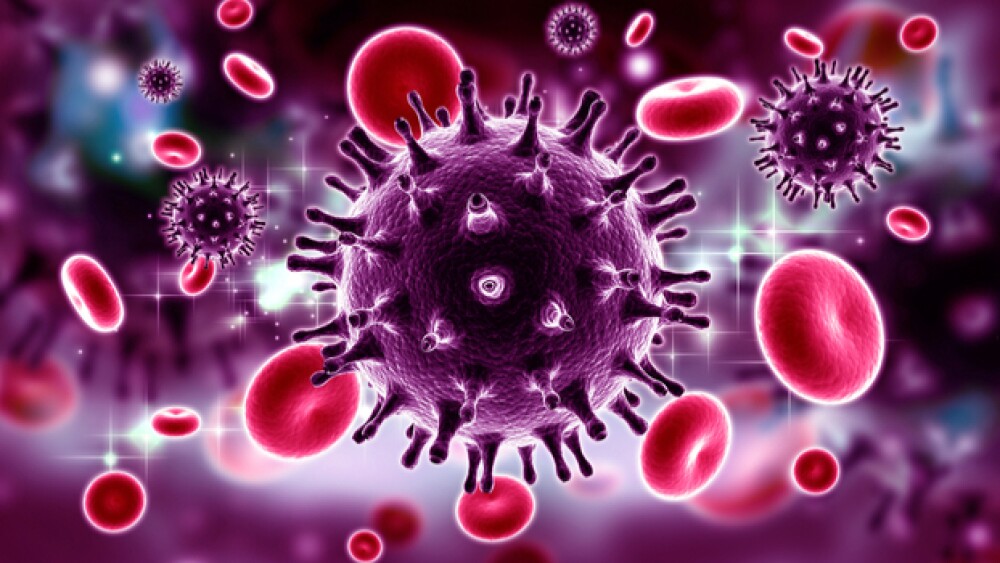New data shows that patients are extremely satisfied with the medication. Data also showed that through 48 weeks, 84 percent of patients achieved undetectable viral loads, while 8 percent had virologic failures
Less than one year ago, Janssen’s Symtuza got the green light from U.S. regulators as a treatment for HIV-1. This morning, the company presented new data that the medication provided sustained treatment through 48 weeks.
At the 13th Annual American Conference for the Treatment of HIV in Miami, Janssen said data from a 48-week study of Symtuza showed HIV patients achieved an undetectable viral load. Additionally, a secondary endpoint of the Phase III DIAMOND study showed that 97 percent of patients revealed they were satisfied with the treatment, Janssen said. The study evaluated treatment with Symtuza in adult patients who were enrolled in the trial within two weeks of being diagnosed with HIV.
Brandon B. was one of the patients who went through the Phase III DIAMOND trial. He said when you are first diagnosed with HIV, “your entire world changes.” Brandon also noted there are many questions and uncertainties that bombard you.
“However, one thing I did know was that getting on treatment as soon as possible was the most important thing for me to do so I could keep living. As a participant in the DIAMOND trial, I was grateful for the opportunity to make treatment part of my daily routine with Symtuza,” he said in a statement.
Janssen said that through 48 weeks, 84 percent of patients achieved undetectable viral loads, while 8 percent had virologic failures. The drug was well-tolerated with no serious related adverse events, Janssen said.
Moti Ramgopal, infectious disease director at Midway Immunology and Research Center, said that a rapid initiation of antiretroviral treatment is becoming a standard of care for new HIV patients. It has the potential to improve treatment outcomes, including “the probability of a person adhering to treatment and staying in care,” Ramgopal said. Ramgopal added that a high proportion of patients in the DIAMOND trial achieved undetectable viral loads of less than 50 c/mL after 48 weeks.
Symtuza won approval from the U.S. Food and Drug Administration last year based on Phase III results that showed Symtuza was highly effective and well-tolerated in treating antiretroviral-naïve HIV-1 patients through 48 weeks. Trial data showed that up to 95 percent of participating patients achieved or maintained virologic suppression.
Richard Nettles, head of medical affairs in Janssen’s infectious disease department, said the company is committed to developing solutions that have the potential to “change the treatment paradigm for people living with HIV.”
“The DIAMOND study mirrors real clinical scenarios that physicians face today – including the need to start treatment before lab or baseline resistance test results are available – and highlights the benefits this model of care can bring to those newly diagnosed with HIV. Symtuza is the only single-tablet regimen proven in a Phase III clinical trial studying the rapid initiation of treatment, further demonstrating it as a treatment option for people new to HIV therapy,” Nettles said in a statement.





